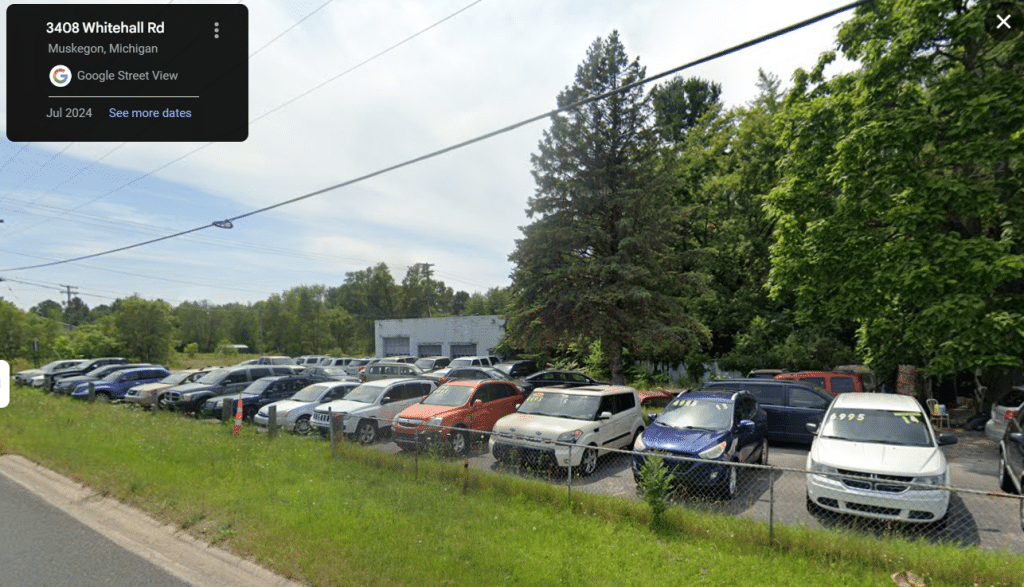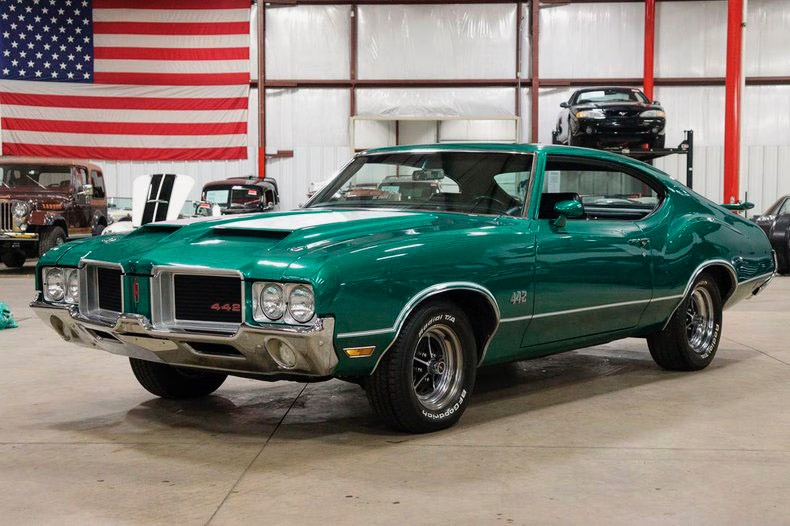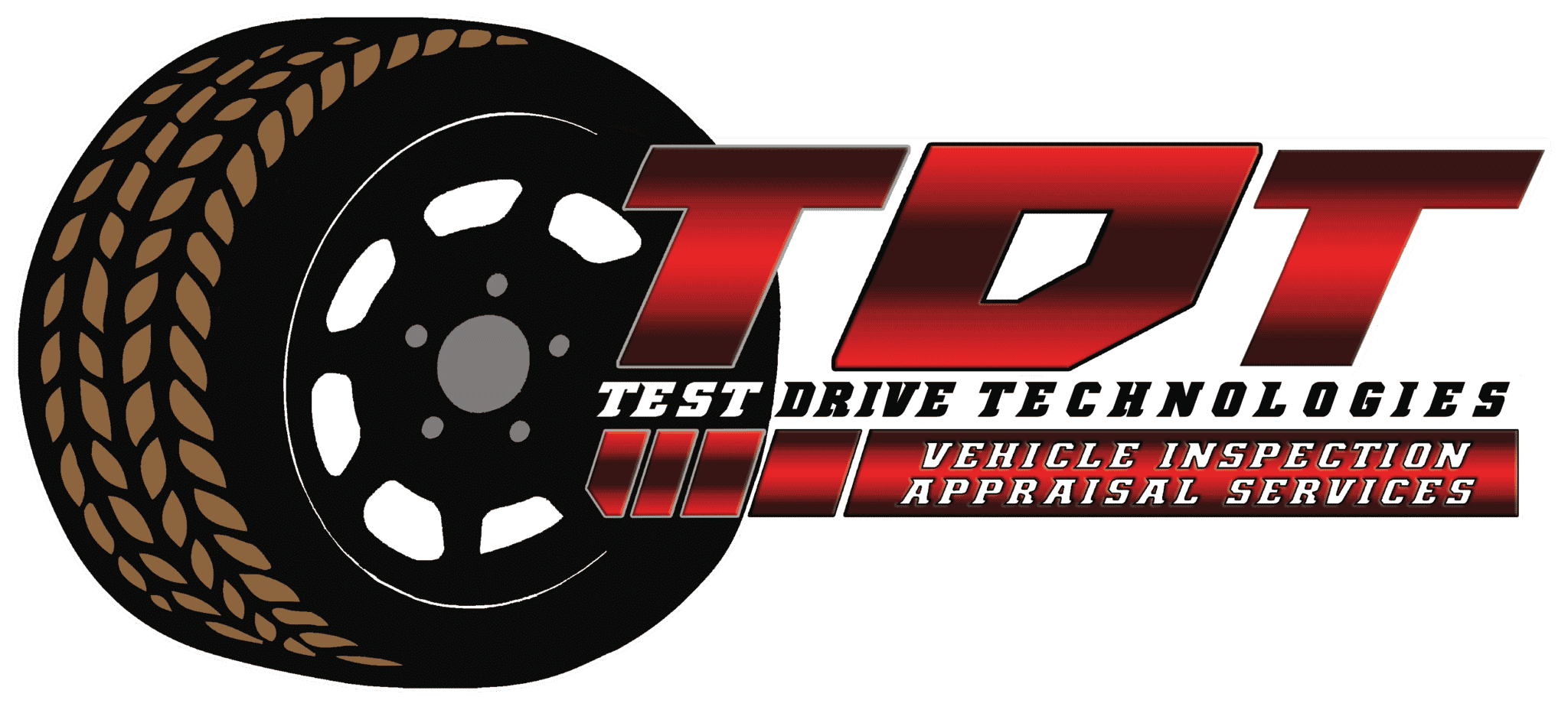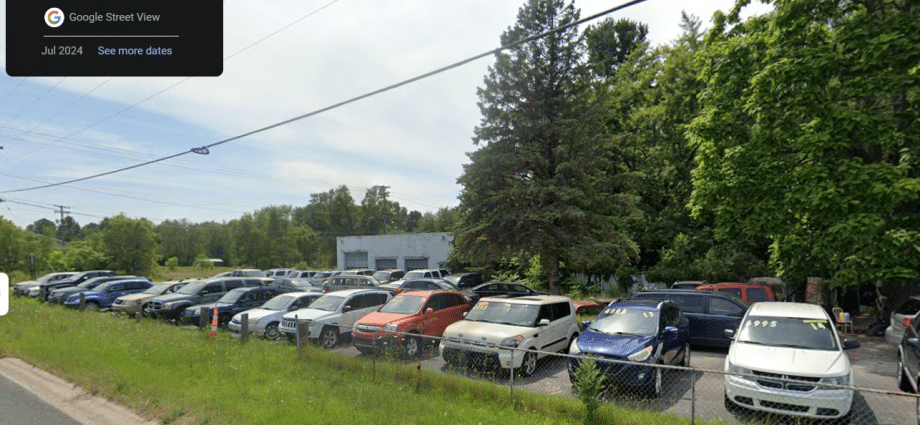Spotting a Classic Car Dealer Scams Can be Tricky. They are getting good at ripping people off.
Classic cars hold a special place in the hearts of enthusiasts, collectors, and those who simply appreciate automotive history. The allure of owning a piece of automotive heritage can often lead buyers to scour the internet in search of their dream car. However, the growing popularity of online car shopping has also attracted Classic Car Dealer Scams who prey on unsuspecting buyers. Knowing how to spot scam classic car dealerships online is crucial to protect your investment. Here’s a guide to help you identify red flags and ensure your online car shopping experience is safe.
1. Too Good to Be Classic Car True Deals
One of the most common signs of a Classic Car Dealer Scam is a price that’s significantly lower than market value. If you find a rare classic car listed for a fraction of what it’s worth, proceed with caution. Scammers often lure potential buyers with unbelievably low prices to get them to act quickly without asking too many questions.
How to Avoid This Trap:
- Research the market value of the car model you are interested in across various reputable sites.
- Compare prices and be skeptical of listings that seem too good to be true.
- If a deal appears irresistible, contact other dealerships or enthusiasts to validate if it’s a realistic offer.
2. Poor Website Quality and Lack of Information Online
Scam dealerships often have poorly designed websites that lack essential details. Look out for low-quality images, vague descriptions, and missing contact information. A legitimate dealership will have a professional-looking website with detailed listings, clear contact information, and a physical address.
Red Flags to Watch For:
- Blurry or stock images of the cars instead of real photos.
- Vague descriptions that lack details about the car’s history, condition, or specifications.
- No information about the dealership’s location or a physical address that seems suspicious.
What to Do Instead:
- Cross-check the dealership’s address and contact information on Google Maps to verify their existence.
- Look for reviews or ratings on independent websites like Yelp or Google Reviews.
3. Pressure Tactics and Urgent Payment Requests are Almost Guaranteed Classic Car Dealer Scams
Classic Car Dealer Scams often create a sense of urgency to rush you into making a payment. They might claim that other buyers are interested or that the car will sell quickly if you don’t act fast. They may also push for payment through non-secure methods like wire transfers, cryptocurrency, or gift cards—methods that are nearly impossible to reverse.
How to Protect Yourself:
- Never send money upfront without verifying the legitimacy of the dealership.
- Avoid non-refundable payment methods. Always opt for secure payment options like credit cards, which offer more protection against fraud.
- Take your time to research and verify the deal before making any commitments, even if it means missing out on the car.
4. Lack of Proper Dealer Documentation
Legitimate classic car dealerships provide proper documentation, including titles, service history, and proof of authenticity. If a dealer is reluctant or unable to provide these documents, it’s a major red flag in how to spot scam classic car dealerships online.
Documents You Should Always Ask For:
- Title and registration papers confirming ownership.
- Maintenance records that prove the car’s condition and upkeep.
- A VIN (Vehicle Identification Number) check to validate the car’s history, including any accidents, repairs, or thefts.
- DO NOT RELY ON A PREVIOUS INSPECTION REPORT!
5. Fake Customer Reviews and Testimonials Point You To Classic Car Dealer Scams
Classic Car Dealer Scams often populate their websites with fake reviews and testimonials to create a false sense of credibility. Be wary of reviews that seem overly positive, generic, or that lack specific details about the buying experience.
Verification Tips:
- Cross-reference reviews on multiple platforms. Authentic reviews usually appear on various sites like Google, Facebook, or Trustpilot.
- Look for reviews with detailed accounts of the buyer’s experience rather than short, generic praise.
6. No Social Media Presence or Engagement
In today’s digital age, most legitimate businesses have some form of social media presence. Scam dealerships often lack social media profiles or have inactive accounts with minimal engagement. Check out their social media, does it match what they are selling? Do they have real reviews? Do other people post about them?
Why This Matters:
- A genuine dealership will regularly update their social media with inventory, events, and customer interactions.
- Check their engagement levels—comments, likes, and shares are indicators of a real business interacting with real people.
7. Use Google Street View to Verify the Dealership’s Exterior and Lot
One of the easiest ways to check if a classic car dealership is legitimate is by using Google Street View to inspect the exterior of the dealership and its lot. Scammers often use fake addresses or list locations that don’t exist to appear credible. Verifying the physical location of a dealership through Google Street View can help you spot inconsistencies or confirm that the business operates from a legitimate site.
Take a look at this “classic car dealer’s” lot below. This is an actual registered car dealership with a HUGE inventory of classic cars on their website. This dealership was found to be stealing my sample inspection reports and altering them to “fit” their cars listed on their website. I have had several customers send me the reports. I wish they would do a better job faking my reports. It seems pretty stupid to try and sell an Oldsmobile Cutlass 442 with a report for a Mustang with Mustang Wheels.

How to Use Google Street View for Verification:
- Search for the dealership’s address on Google Maps and switch to Street View mode.
- Check for signage, cars on the lot, and signs of business activity.
- Compare what you see with the images on the website; inconsistencies are red flags.
- Use historical Street View to see how long the dealership has been at the location.
If you are looking at a classic car dealer’s website and it shows a glossy, big showroom with 5-20 cars in the showroom all organized and lifts in the background you probably feel confident that the dealer is a legitimate dealership. The easiest way how to spot scam classic car dealerships online is to do a Google Search their ADDRESS and pull up the Street View of that address. Does that dealer’s lot and building match what they are selling? Believe it or not, the below vehicle was listed to being sold using the address of the lot above. This dealership was caught using my pre-purchase inspection reports, changing the vehicle details and then passing them off as “inspected” to lure in potential buyers. This one happened to use an old Mustang inspection.

8. Ask for the Dealer License Number and Verify It with the State
A legitimate dealership will have a valid dealer license number issued by the state. Scammers often avoid providing this or give fake information. Verifying the license number ensures that the dealership is operating legally.
Steps to Verify a Dealer’s License:
- Request the dealer license number directly from the dealership.
- Look up the license number on your state’s DMV or Secretary of State website.
- Verify that the license matches the dealership’s name, address, and status.
Red Flags to Watch Out For:
- Refusal to provide the license number.
- Mismatched or expired license details.
- Fake license numbers that don’t appear in state databases.
Where to Get Help
- Illinois Auto Dealers Association Look Up
- Missouri Auto Dealers Association Look Up
- You can also check with each state’s Secretary of State or Department of Motor Vehicles however the websites often change.
Avoiding a Classic Car Dealer Scam
Buying a classic car online can be a thrilling experience, but it also comes with risks. Being aware of the common tactics used by scam dealerships can help you avoid costly mistakes. Always do your homework, verify every detail, and trust your instincts. If something feels off, it probably is. By following these tips, you can safely navigate the online classic car market and find the car of your dreams without falling victim to scams.
Stay vigilant, and happy hunting!






